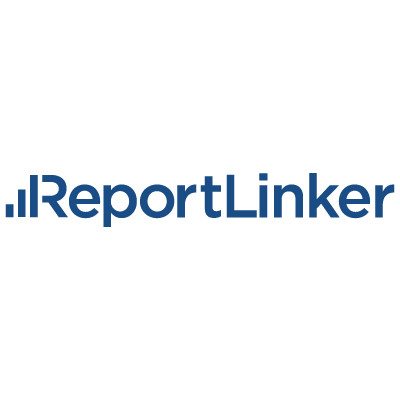The Global Blockchain Messaging Apps Market size is expected to reach $215.7 million by 2028, rising at a market growth of 42.8% CAGR during the forecast period

A messaging system that leverages blockchain technology to send and send messages is known as a blockchain-based messaging system. Blockchain is a distributed database that enables transactions that are safe, open, and unchangeable.
New York, Jan. 26, 2023 (GLOBE NEWSWIRE) — Reportlinker.com announces the release of the report “Global Blockchain Messaging Apps Market Size, Share & Industry Trends Analysis Report By End-user, By Application, By Operating System, By Regional Outlook and Forecast, 2022 – 2028” – https://www.reportlinker.com/p06412015/?utm_source=GNW
As a result, it provides the perfect messaging system platform since it can offer a great degree of confidentiality and anonymity.
One of the most often used methods for regular contact is messaging applications. There are several blockchain messaging applications available that include Web3 features. Blockchain messaging applications’ primary objective is to provide consumers with a dependable, decentralized substitute for popular messengers. Blockchains process data via decentralized networks of nodes. Blockchain-based messenger applications provide consumers with very private and secure communication options. Users that seek privacy and security while sending communications are increasingly using these features.
In terms of network topology, blockchain messaging applications are the direct opposite of centralized messengers. To enhance user communication via blockchain transactions, these applications make use of blockchain technology. Distributed ledger technologies, or blockchains, are fundamentally decentralized network architectures. Blockchain messaging applications employ several independent network nodes rather than a single centralized system to handle the traffic.
Data security is one of the key advantages of adopting a blockchain-based messaging system. Messages are far less prone to breaches and hackers when they are kept on a decentralized network. It is considerably more difficult for unauthorized persons to view the messages since each one is encrypted and accessible only with the right key.
COVID-19 Impact Analysis
More than 42 million individuals have been impacted by the COVID-19 pandemic,…



